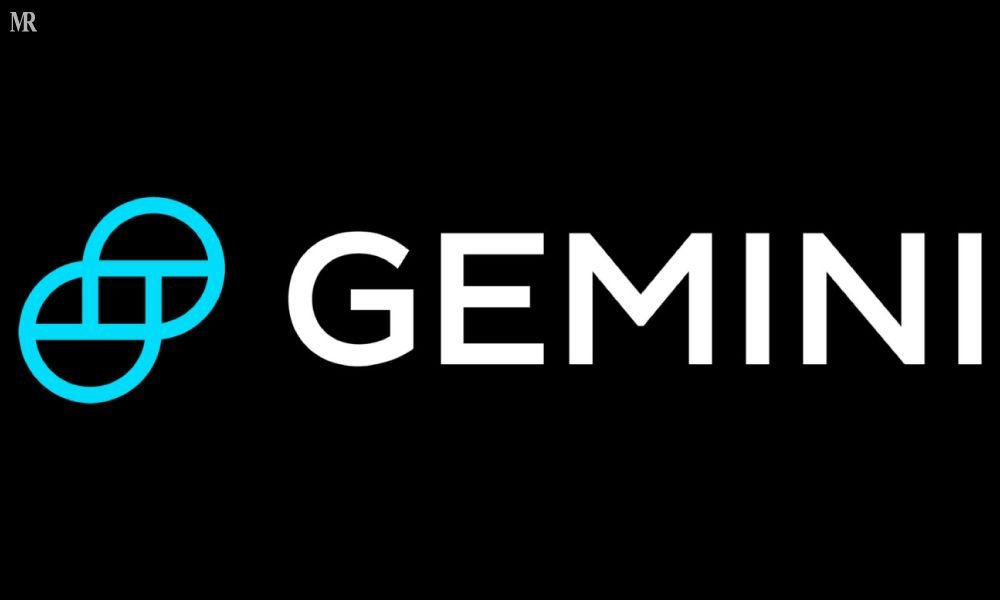In a significant move towards modernizing the legal landscape for digital currencies, the U.S. House of Representatives passed the Financial Innovation and Technology for the 21st Century Act on Wednesday. This bill aims to establish a new regulatory framework for digital currencies, marking a crucial step in providing clarity and fostering growth within the industry.
However, the legislation has also sparked considerable debate, with the U.S. Securities and Exchange Commission (SEC) issuing warnings about potential financial risks. This article delves into the details of the bill, the implications for the digital currency market, the concerns raised by the SEC, and the broader context of this legislative effort.
The Passage of the Financial Innovation and Technology for the 21st Century Act
The Financial Innovation and Technology for the 21st Century Act, sponsored by Republican lawmakers, was passed by the House with a bipartisan vote of 279-136. This bill seeks to create a comprehensive legal framework for digital currencies, which have long operated in a regulatory gray area. Proponents of the bill argue that it will provide much-needed regulatory clarity, encourage innovation, and promote the growth of the digital currency industry in the United States.
The bill addresses several key areas:
1. Regulatory Clarity: It aims to define digital currencies and delineate the roles and responsibilities of various regulatory bodies.
2. Innovation Promotion: By providing a clear legal framework, the bill is expected to attract more investment and encourage technological advancements in the digital currency space.
3. Consumer Protection: It includes provisions to protect consumers and ensure that digital currency transactions are secure and transparent.
Despite its passage in the House, the future of the bill remains uncertain as it moves to the Senate, where its fate is yet to be determined.
Supporters’ Arguments for the Bill
Supporters of the Financial Innovation and Technology for the 21st Century Act argue that the current regulatory environment for digital currencies is fragmented and ambiguous, which stifles innovation and growth. They believe that a clear and consistent regulatory framework is essential for the industry to thrive.
Key arguments in favor of the bill include:
– Promoting Innovation: By establishing clear rules, the bill encourages technological innovation and attracts investment in the digital currency sector.
– Economic Growth: Supporters argue that the digital currency industry has the potential to contribute significantly to the economy by creating jobs and generating revenue.
– Global Competitiveness: A well-defined regulatory framework could position the United States as a leader in the global digital currency market, ensuring that American companies are at the forefront of this technological revolution.
SEC’s Concerns and Warning
Despite the optimism surrounding the bill, the SEC has expressed significant concerns. SEC Chair Gary Gensler issued a statement warning that the bill could create new regulatory gaps and undermine decades of precedent regarding the oversight of investment contracts. According to Gensler, these changes could put investors and capital markets at “immeasurable risk.”
Specific concerns raised by the SEC include:
– Regulatory Gaps: The bill could potentially leave certain areas of the digital currency market unregulated, creating opportunities for fraud and abuse.
– Investor Protection: The SEC is concerned that the bill may weaken existing investor protections, exposing consumers to higher risks.
– Market Stability: By altering the current regulatory framework, the bill could introduce new uncertainties and destabilize capital markets.
The Implications for Spot Ether Exchange-Traded Funds
In a related development, the SEC signaled that it might approve applications for spot ether exchange-traded funds (ETFs), which has been seen as a surprising boost to the digital currency industry.
Approval of these ETFs would mark a significant milestone, as it would allow investors to gain exposure to ether, the second-largest cryptocurrency by market capitalization, through traditional financial markets.
Potential implications of approving spot ether ETFs include:
– Increased Legitimacy: Approval of these ETFs would lend legitimacy to ether and the broader digital currency market, potentially attracting more institutional investors.
– Market Growth: Greater accessibility to ether through ETFs could lead to increased demand and higher prices for the cryptocurrency.
– Regulatory Precedent: Approval of spot ether ETFs could pave the way for similar financial products, further integrating digital currencies into mainstream financial markets.
Broader Context and Future Outlook
The passage of the Financial Innovation and Technology for the 21st Century Act and the potential approval of spot ether ETFs reflect the growing recognition of digital currencies as a significant part of the financial landscape. However, these developments also highlight the ongoing debate over how best to regulate this rapidly evolving industry.
Key considerations for the future include:
– Balancing Innovation and Regulation: Policymakers will need to strike a balance between encouraging innovation and ensuring adequate regulatory oversight to protect consumers and maintain market stability.
– Interagency Coordination: Effective regulation of digital currencies will likely require coordination between various regulatory bodies, including the SEC, the Commodity Futures Trading Commission (CFTC), and others.
– International Cooperation: Given the global nature of digital currencies, international cooperation will be essential to address regulatory challenges and ensure consistent standards across jurisdictions.
The passage of the Financial Innovation and Technology for the 21st Century Act by the U.S. House of Representatives marks a significant step towards creating a new legal framework for digital currencies.
While supporters argue that the bill will provide regulatory clarity and promote industry growth, the SEC’s concerns highlight the potential risks associated with altering the current regulatory landscape.
As the bill moves to the Senate and the SEC considers the approval of spot ether ETFs, the future of digital currency regulation in the United States remains a critical area to watch.
ALSO READ: Crypto News: Genesis to Repay $2 Billion to Defrauded Investors




